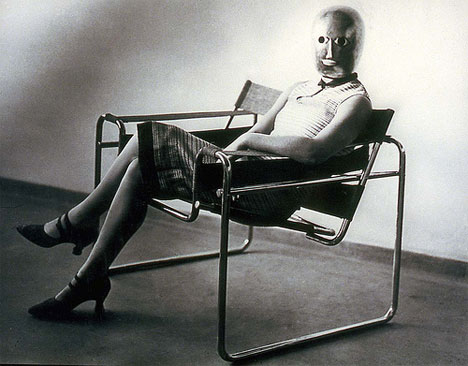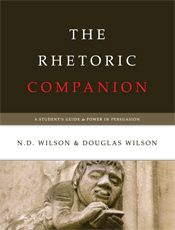Feb
24
2014
Bauhaus and the Bible

“What is in the nature of these materials?”
The Bauhaus, founded in Germany in 1919 by architect Walter Gropius, had a profound influence in every area of design, from graphics and typography to clothing, furniture and architecture. The institution was not so much a style as a method, its philosophy based on the idea that if something is well-designed it will be beautiful of its own accord. The means to this end involved the founding of an art school where every student was also a tradesman, and every tradesman was also an artist. The Bauhaus manifesto expresses Gropius’ desire to unite the trades and the arts that their works might possess the grace of an inseparable marriage of function (design) and form (beauty).
This post has been slain and resurrected for inclusion in my 2015 book of essays, Inquietude.
Continue reading
Comments Off | tags: Culture, Ecclesiology, Postmillennialism, postmodernism, Tabernacle | posted in Apologetics, Bible Matrix, Biblical Theology, Ethics
Jul
17
2011

.
From The Power in Persuasion: An Interview with N.D. Wilson and Doug Wilson
How has our postmodern society affected the way we think about rhetoric and persuasion?
Postmodernism is really nothing new. It is just ancient sophistry in a rented tux. Lots of mouth and no muscle. But what we say in the book most directly collides with both modernism and its wee post when we discuss the nature of proof. Skip papa modernism’s crusade for humanistic omniscience and you skip postmodernism’s adolescent daddy issues.
Continue reading
Comments Off | tags: Doug Wilson, Evangelism, postmodernism | posted in Apologetics, Quotes
May
22
2009
“Some things need to be nuanced, and some things need desperately not to be. Those with a sophisticated turn of mind need to talk to an intractable fundamentalist once a week or so — to keep them honest. ‘So how is this not fatal compromise?’ And fundamentalists need to talk regularly with someone who read a book once — to keep them honest too. ‘So how is this not a complete misrepresentation of Calvin’s view?’”
–Doug Wilson, A Vat of Heideggerian Goo
For a blast and a laugh, read all Doug’s penetrating and perceptive posts on postmodernism.
Comments Off | tags: Doug Wilson, postmodernism | posted in Christian Life, Quotes



























